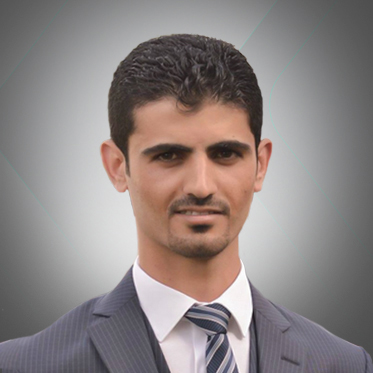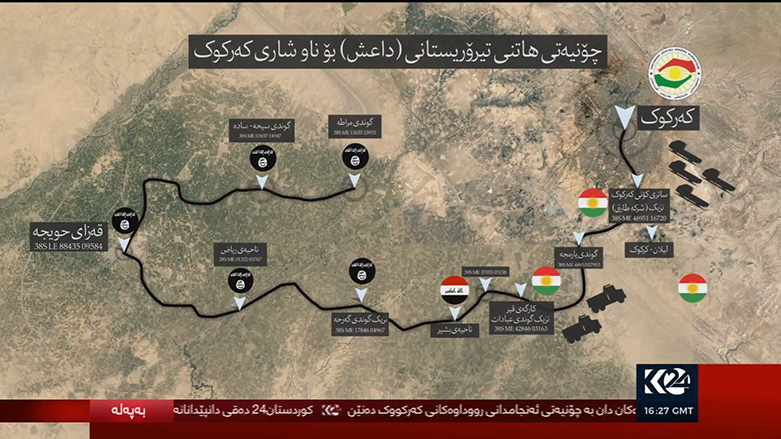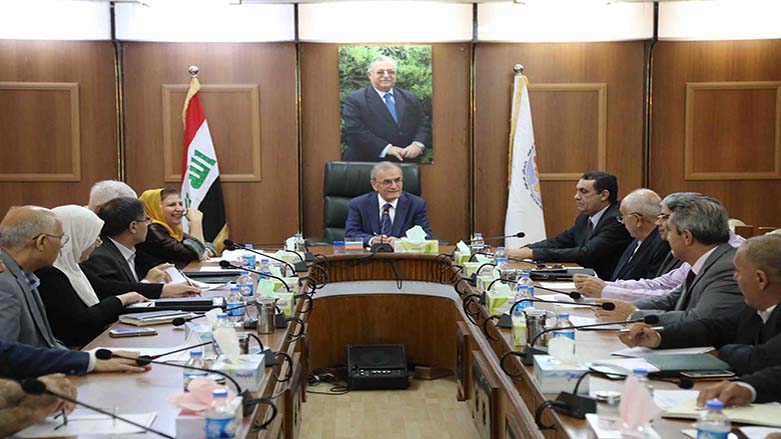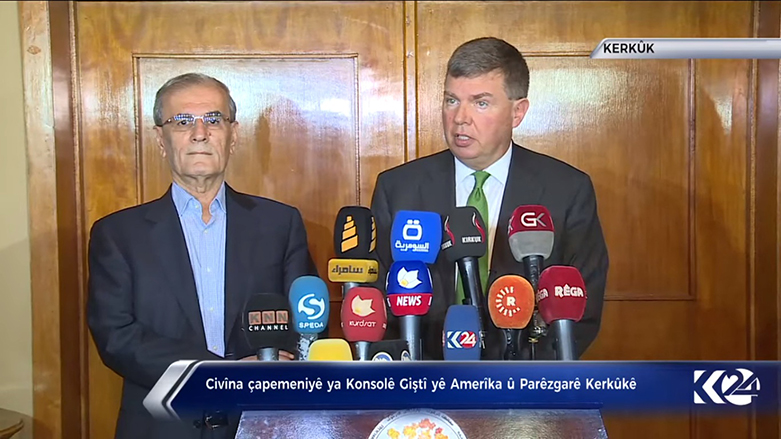Kirkuk Governor: 'Iraq will split apart'
.jpg)
ERBIL, Kurdistan Region (Kurdistan24) – The Governor of Kirkuk on Monday said the city’s administration had not received petrodollar from the Iraqi central government for several years.
Najmaddin Karim, the Governor of Kirkuk, spoke during a panel by the Washington Institute where he revealed the Iraqi government had never implemented the constitution, especially the articles in relation to the federal-provincial administration of oil resources.
“Baghdad has not paid Kirkuk’s petrodollar for nearly a half payment of 2013 and full payment of years 2014 and 2015 and we still have not received 2016,” Karim added.
Moreover, the Kirkuk Governor stated the Kurdistan Regional Government (KRG) had been paying them on a monthly basis.
Asked about the relations between Erbil and Baghdad, Karim said the visit of the Kurdistan Region President Masoud Barzani to Baghdad was good and opened doors for a lot of things.
Governor Karim also stated the US, through its ambassador, played a key role for the relations to be normalized as high officials between both sides exchanged visits.
“Abadi has said he will look into an independent Kurdistan but it has to be in dialogue so that we become good neighbors,” Karim said during the panel.
“I believe President Barzani is persistent on his position for holding a referendum, but the timeline for holding the referendum is not known as the Mosul operation delayed the process,” Karim continued.
The Governor hoped whatever happened post-IS Mosul, there would be a peaceful understanding between Erbil and Baghdad because the Kurdistan Region and Iraq could not go to war with each other again.
“If we have a true federal Iraq as in the constitution, Iraq will remain united otherwise the country will split apart,” Karim said.
Regarding the IS attack inside Kirkuk on Oct. 21, the Governor said despite the losses among the Kurdish security forces and civilians, it was a successful victory against a major IS attack.
“A force like this was able to occupy Tikrit, Mosul, Ramadi and other places in Iraq,” he said, explaining that IS extremists expected Sunni Arabs in the city to back them, but they helped security forces instead.
Editing by Karzan Sulaivany



